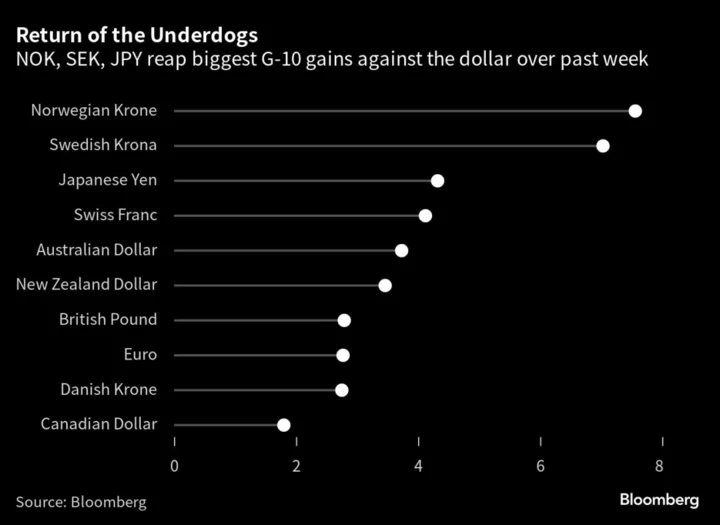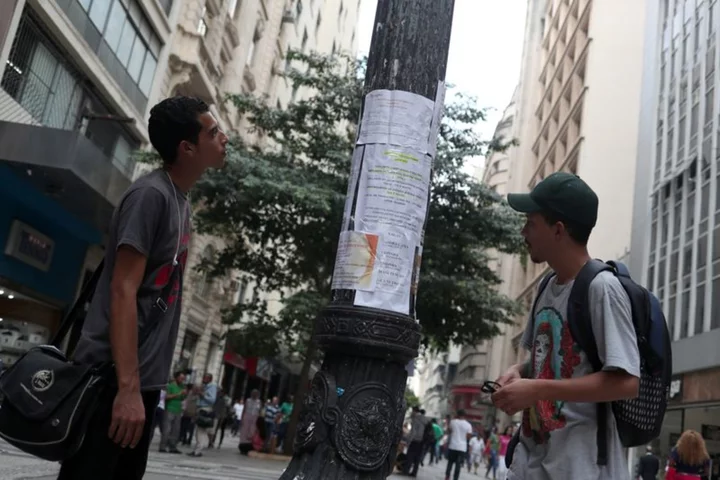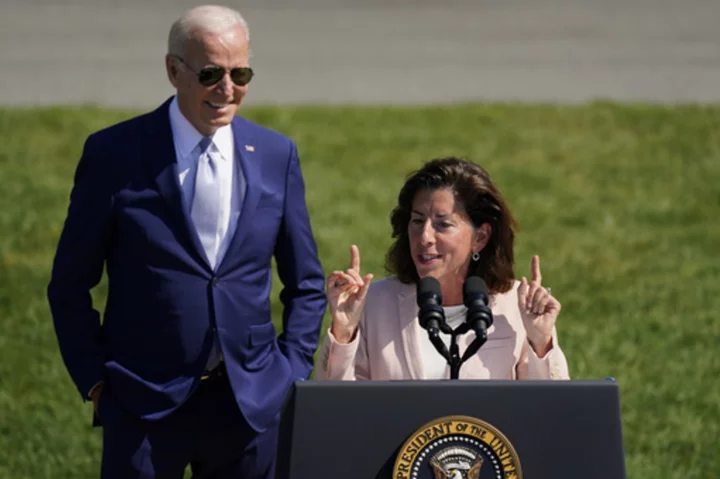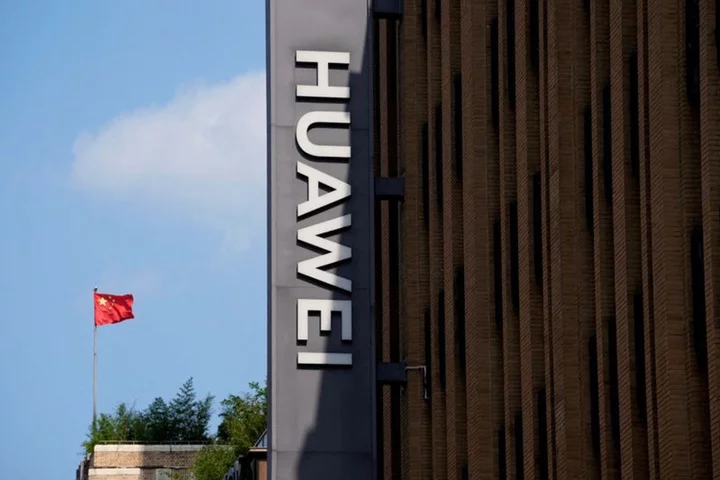By Daniel Wiessner
A U.S. appeals court has revived claims that McDonald's Corp violated federal antitrust law by requiring franchisees to agree not to hire away each other's employees.
The 7th U.S. Circuit Court of Appeals in Chicago on Friday said the judge who dismissed the proposed nationwide class action last year failed to properly analyze the so-called "no-poaching" agreements.
The judge had found that the agreements were valid because they protected franchisees' investments in training workers.
But the 7th Circuit on Friday said the judge must look more closely at whether the agreements needed to cover the entire country and last for six months after workers left their jobs.
Circuit Judge Frank Easterbrook wrote that those questions "can’t be answered by observing that any given franchise contract, viewed by itself, expands the output of food."
McDonald's and lawyers for the plaintiffs did not immediately respond to requests for comment on Monday.
Two former McDonald's workers were appealing a 2022 ruling by U.S. District Judge Jorge Alonso in Chicago dismissing claims the agreements stifled competition and depressed their wages.
The agreements barred franchisees from hiring people who worked at other franchises or corporate stores anywhere in the United States for six months after they left their jobs.
McDonald's in court filings has said it stopped requiring franchisees to sign no-poach agreements in 2017. Several other major fast-food companies have taken the same step in recent years in response to probes by states.
The plaintiffs were backed in their appeal by the Biden administration and the Democratic attorneys general of 20 states and Washington, D.C., who said in court briefs that McDonald's agreements illegally suppressed workers' wages.
The 7th Circuit on Friday also said the district court judge should rethink his ruling declining to certify a nationwide class in the lawsuit. McDonald's has said the class could include millions of workers.
(Reporting by Daniel Wiessner in Albany, New York; Editing by Mark Potter)









